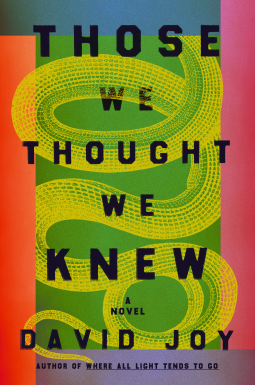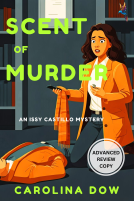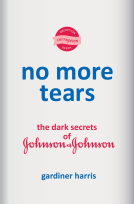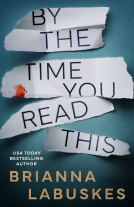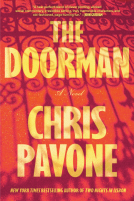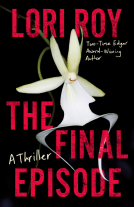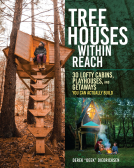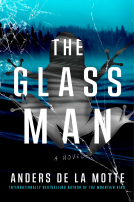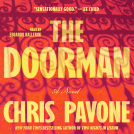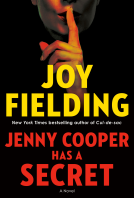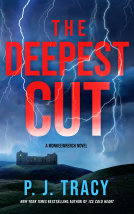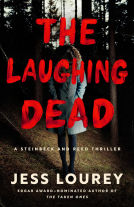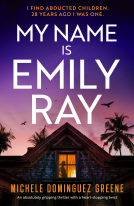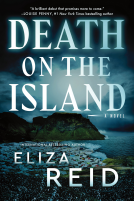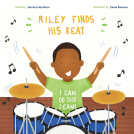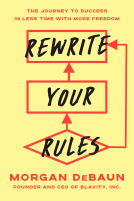Those We Thought We Knew
by David Joy
You must sign in to see if this title is available for request. Sign In or Register Now
Send NetGalley books directly to your Kindle or Kindle app
1
To read on a Kindle or Kindle app, please add kindle@netgalley.com as an approved email address to receive files in your Amazon account. Click here for step-by-step instructions.
2
Also find your Kindle email address within your Amazon account, and enter it here.
Pub Date Aug 01 2023 | Archive Date Not set
PENGUIN GROUP Putnam | G.P. Putnam's Sons
Talking about this book? Use #ThoseWeThoughtWeKnew #NetGalley. More hashtag tips!
Description
Winner of the 2023 Willie Morris Award for Southern Fiction
Winner of the 2023 Thomas Wolfe Memorial Literary Award
Winner of the 2024 Sir Walter Raleigh Award
One of Vanity Fair’s Favorite Books of 2023
“A beautifully fearless contemplation.” –S. A. Cosby
From award-winning writer David Joy comes a searing new novel about the cracks that form in a small North Carolina community and the evils that unfurl from its center.
Toya Gardner, a young Black artist from Atlanta, has returned to her ancestral home in the North Carolina mountains to trace her family history and complete her graduate thesis. But when she encounters a still-standing Confederate monument in the heart of town, she sets her sights on something bigger.
Meanwhile, local deputies find a man sleeping in the back of a station wagon and believe him to be nothing more than some slack-jawed drifter. Yet a search of the man’s vehicle reveals that he is a high-ranking member of the Klan, and the uncovering of a notebook filled with local names threatens to turn the mountain on end.
After two horrific crimes split the county apart, every soul must wrestle with deep and unspoken secrets that stretch back for generations. Those We Thought We Knew is an urgent unraveling of the dark underbelly of a community. Richly drawn and bracingly honest, it asks what happens when the people you’ve always known turn out to be monsters, what do you do when everything you ever believed crumbles away?
Winner of the 2023 Thomas Wolfe Memorial Literary Award
Winner of the 2024 Sir Walter Raleigh Award
One of Vanity Fair’s Favorite Books of 2023
“A beautifully fearless contemplation.” –S. A. Cosby
From award-winning writer David Joy comes a searing new novel about the cracks that form in a small North Carolina community and the evils that unfurl from its center.
Toya Gardner, a young Black artist from Atlanta, has returned to her ancestral home in the North Carolina mountains to trace her family history and complete her graduate thesis. But when she encounters a still-standing Confederate monument in the heart of town, she sets her sights on something bigger.
Meanwhile, local deputies find a man sleeping in the back of a station wagon and believe him to be nothing more than some slack-jawed drifter. Yet a search of the man’s vehicle reveals that he is a high-ranking member of the Klan, and the uncovering of a notebook filled with local names threatens to turn the mountain on end.
After two horrific crimes split the county apart, every soul must wrestle with deep and unspoken secrets that stretch back for generations. Those We Thought We Knew is an urgent unraveling of the dark underbelly of a community. Richly drawn and bracingly honest, it asks what happens when the people you’ve always known turn out to be monsters, what do you do when everything you ever believed crumbles away?
Available Editions
| EDITION | Other Format |
| ISBN | 9780525536918 |
| PRICE | $28.00 (USD) |
| PAGES | 400 |
Available on NetGalley
NetGalley Reader (EPUB)
NetGalley Shelf App (EPUB)
Send to Kindle (EPUB)
Download (EPUB)
Readers who liked this book also liked:
Jenny Cooper Has a Secret
Joy Fielding
General Fiction (Adult), Mystery & Thrillers, Women's Fiction
Joy Fielding
General Fiction (Adult), Mystery & Thrillers, Women's Fiction
My Name is Emily Ray
Michelle Dominguez Greene
General Fiction (Adult), Mystery & Thrillers, True Crime
Michelle Dominguez Greene
General Fiction (Adult), Mystery & Thrillers, True Crime
